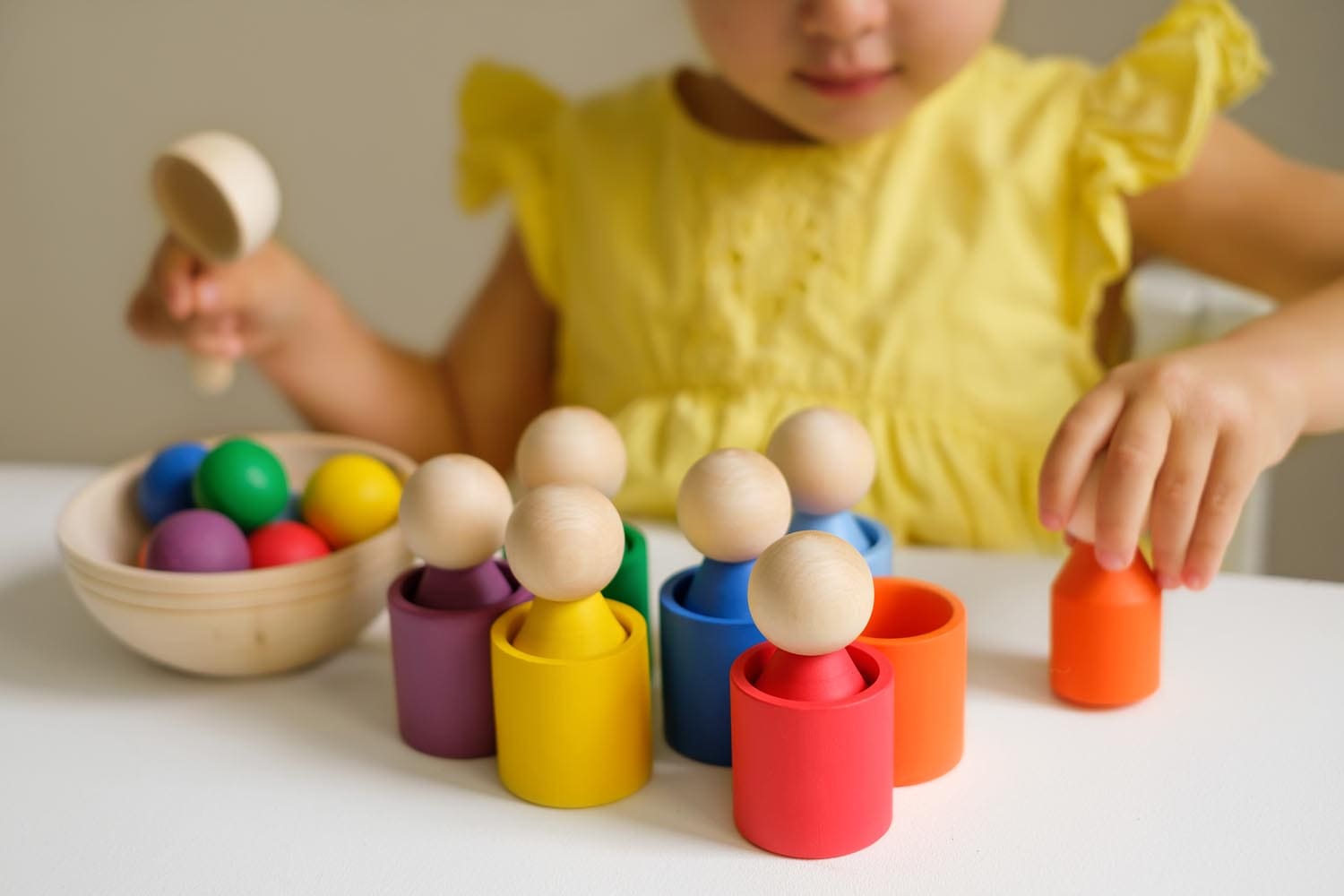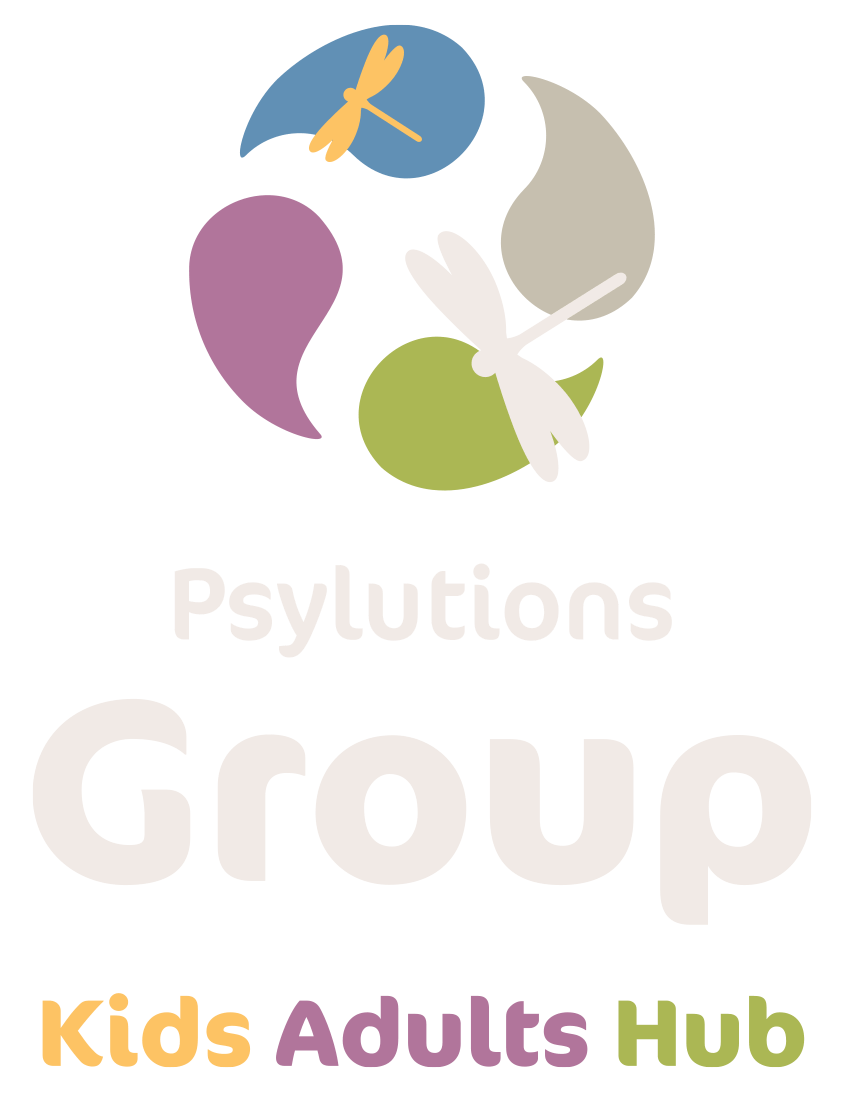What is Occupational Therapy?
Occupational therapists work with individuals to improve their ability to perform everyday tasks and activities, such as self-care activities (like dressing and grooming), work or school-related tasks, and leisure activities.
They use a holistic approach, considering the person’s physical, cognitive, emotional, and environmental factors to develop personalised interventions and strategies that promote independence, enhance quality of life, and support overall well-being.

Benefits of Occupational Therapy
Why might you, or your child benefit from Occupational Therapy (OT)?
OT can help with the below skills to increase your, or your child’s independence and confidence in their everyday life.
Self-Care Skills
- Dressing and undressing
- Bathing and showering
- Toileting
- Feeding and eating
- Grooming (brushing teeth, combing hair)
Leisure and Play Skills
- Participation in hobbies and recreational activities
- Playground skills and play development
- Adaptive play equipment and modifications
- Community integration and participation in community events
- Socialization skills during leisure activities
- Physio/ Exercise Physiology
Fine Motor Skills
- Writing and drawing
- Using utensils (e.g., fork, spoon)
- Buttoning buttons and zipping zippers
- Grasping and manipulating small objects
- Using scissors
Cognitive Skills
- Memory strategies and techniques
- Problem-solving and decision-making skills
- Attention and concentration exercises
- Sequencing and planning activities
- Organisation and time management skills
Gross Motor Skills
- Sitting, standing, and walking
- Balance and coordination
- Jumping and hopping
- Climbing stairs and playground equipment
- Catching and throwing a ball
Work and Productivity Skills
- Time management and scheduling
- Workstation ergonomics and modifications
- Job coaching and vocational training
- Adaptation of tools and equipment for work tasks
- Stress management and coping strategies
Sensory Processing
- Sensory integration techniques to regulate responses to sensory input
- Desensitization to sensory stimuli (e.g., textures, sounds)
- Proprioceptive and vestibular activities to improve body awareness and balance
Social Skills
- Turn-taking and sharing
- Making eye contact and maintaining conversations
- Identifying and expressing emotions
- Playing cooperatively with others
- Assertiveness and conflict resolution skills
For appointments
call us on 4728 4288










